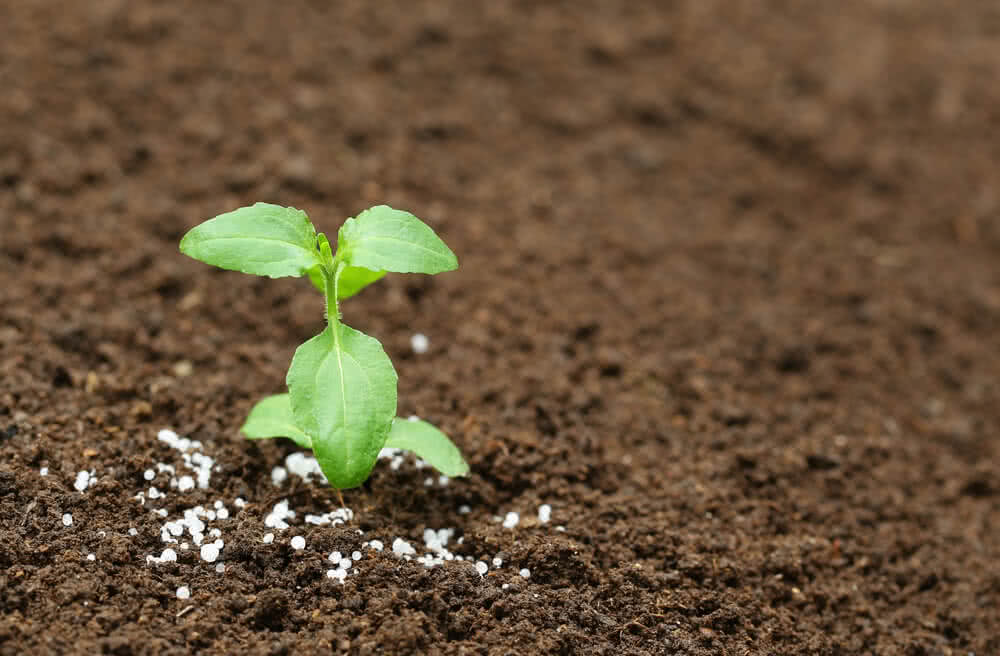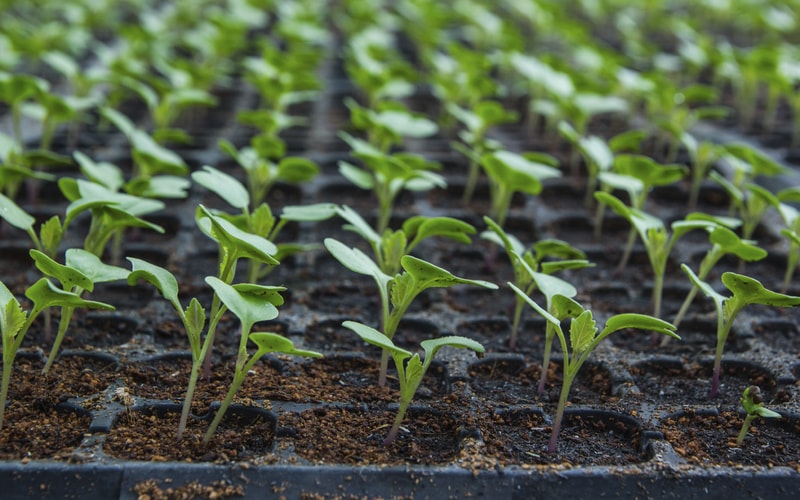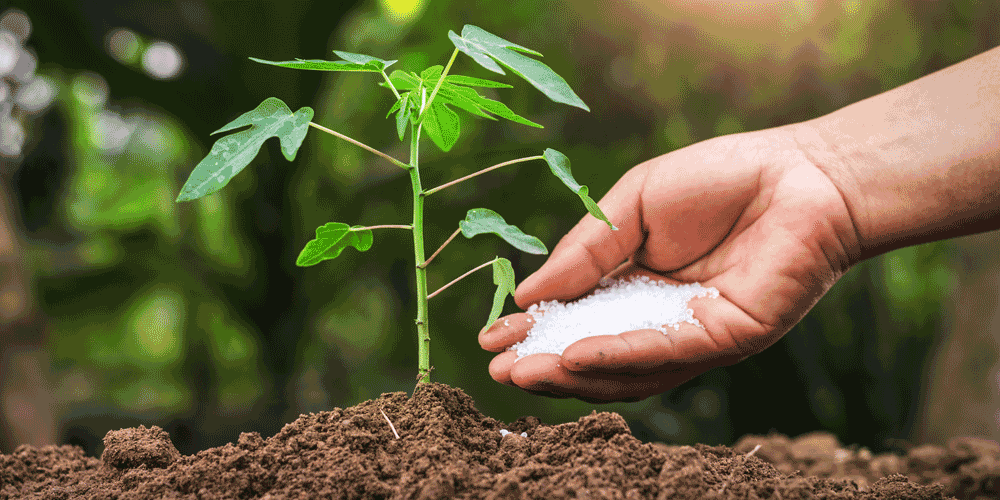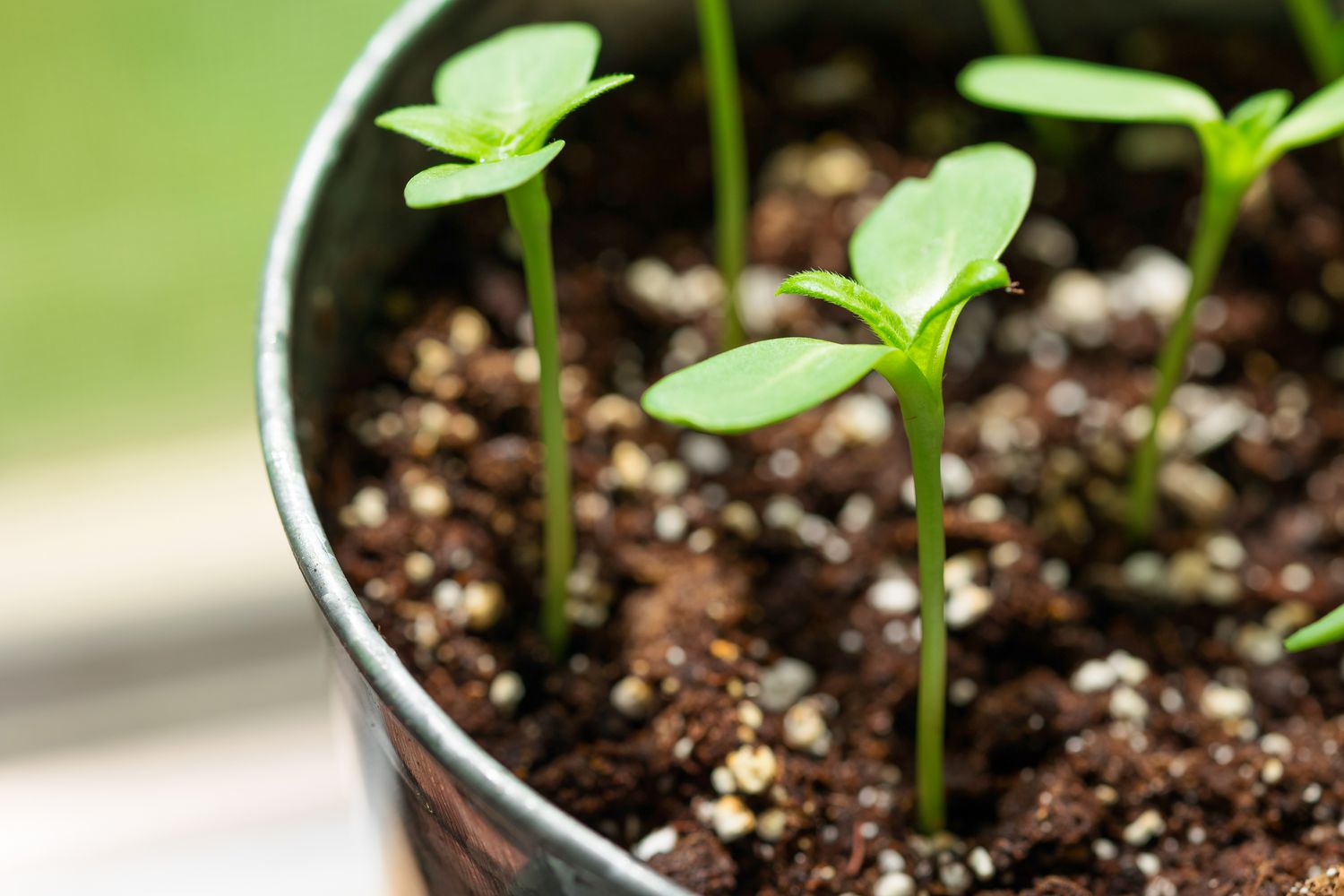Nitrogen Fertilizer for Plants: A Comprehensive Guide to Boosting Plant Growth
Nitrogen is a fundamental element for plant life, playing a critical role in various growth processes. This guide delves into the world of nitrogen fertilizers, exploring their importance, different types, and best practices for their application. By understanding nitrogen’s role and how fertilizers work, you can ensure your plants thrive while maintaining environmental responsibility.

-
The Cornerstone of Plant Health: Why Nitrogen Matters
Nitrogen is a vital building block for plants. It contributes to several essential functions that keep your plants healthy and vibrant:
- Essential component of amino acids and proteins: These elements form the foundation of plant structures like cell walls and tissues. They are also crucial for enzymes, which drive various biochemical reactions within plants.
- Crucial for chlorophyll production: Chlorophyll is the pigment that gives plants their green color. It enables them to capture sunlight energy and convert it into usable energy through photosynthesis. This process fuels overall plant growth and development.
- Promotes cell division, growth, and development: Nitrogen acts as a catalyst for cell division and expansion within plants. This leads to the overall growth of all plant parts, from the intricate root systems to the lush leaves and vibrant flowers.

III. Inorganic vs. Organic: Exploring Fertilizer Options
There are two main categories of nitrogen fertilizers: inorganic and organic. Each type offers distinct advantages and considerations for your gardening needs:
- Inorganic Nitrogen Fertilizers: These are synthetically produced fertilizers that provide readily available nitrogen for plant uptake. They are often water-soluble and act quickly to address nitrogen deficiencies. Here are some common examples:
- Ammonium sulfate: Highly soluble and slightly acidic, making it suitable for use in soils with higher pH levels.
- Urea: A versatile and widely used fertilizer that can be applied in various forms, including granules, solutions, and prills.
- Ammonium nitrate: Provides a high concentration of nitrogen for plants but can contribute to soil acidification over time.
- Organic Nitrogen Fertilizers: Derived from natural sources, these fertilizers release nutrients gradually over a longer period. They offer the benefit of improving soil health and fertility alongside providing nitrogen. Here are some popular organic options:
- Manure: Animal waste, like composted cow or chicken manure, is rich in nitrogen and other essential nutrients for plant growth. However, ensure proper composting to eliminate pathogens and weed seeds.
- Compost: Decomposed organic matter created through composting food scraps, yard waste, and other organic materials. Compost improves soil structure, fertility, and water retention while providing slow-release nitrogen.
- Blood meal: A concentrated source of nitrogen derived from dried animal blood. It’s suitable for providing a quick nutrient boost but should be used sparingly due to its high nitrogen content.

-
Selecting the Right Fertilizer: Tailoring Nutrition to Your Plants
Choosing the right nitrogen fertilizer depends on several factors to ensure optimal plant growth and minimize environmental impact:
- Soil type: Different soil types have varying nitrogen-holding capacities. Sandy soils tend to drain quickly, so slow-release organic fertilizers are often preferred. Clay soils, on the other hand, can retain nutrients better and may benefit from inorganic fertilizers with quicker nitrogen availability.
- Crop requirements: Different crops have specific nitrogen needs throughout their growth cycle. Leafy greens and vegetables generally require more nitrogen than fruits or flowers. Research the specific needs of your crops to choose a fertilizer that provides the right amount of nitrogen at the right time.
- Growth stage of plants: Plants have varying nitrogen demands at different stages. During early growth and vegetative development, readily available nitrogen may be beneficial. As plants mature and produce flowers or fruits, the need for nitrogen may decrease.
- Environmental impact: Consider sustainable options like compost or manure-based fertilizers that minimize environmental harm compared to synthetic fertilizers, which can contribute to water pollution if not used responsibly.

-
Effective Application: Getting the Most Out of Your Fertilizer
Once you’ve chosen your nitrogen fertilizer, proper application is crucial for optimal plant growth and environmental sustainability:
- General guidelines: Always follow the manufacturer’s instructions for application rates and timing. Applying too much fertilizer can harm plants and contribute to environmental pollution.
- Application methods: There are several methods for applying nitrogen fertilizer, depending on the type and your needs:
- Broadcasting: Spreading the fertilizer evenly over the entire soil surface. This method is suitable for slow-release fertilizers.
- Banding: Applying the fertilizer in a band along the planting row, placing nutrients closer to plant roots for quicker uptake.
- Foliar application: Dissolving the fertilizer in water and spraying it directly onto plant leaves. This method is most effective for readily available nitrogen sources and for addressing deficiencies quickly.
- Precautions (continued): * Avoid over-fertilization: Excess nitrogen can damage plants by burning roots or leaves and contribute to environmental pollution through nutrient runoff.
- Handle fertilizers carefully: Wear gloves when handling fertilizers to avoid skin irritation. Wash hands thoroughly after application.
- Store fertilizers safely: Keep fertilizers in their original containers, tightly sealed, in a cool, dry place out of reach of children and pets. This prevents nutrient loss and accidental exposure.
- Proper storage: Improper storage can lead to nutrient loss or caking of fertilizers. Here are some tips for proper storage:
- Store fertilizers in their original containers with tight-fitting lids.
- Keep them in a cool, dry place away from direct sunlight and heat.
- Avoid storing fertilizers near food, seeds, or other gardening supplies.

-
Prioritizing Safety: Essential Precautions When Using Fertilizers
While nitrogen fertilizers offer significant benefits, it’s important to prioritize safety during handling and application:
- Wear protective gear: Don gloves, a mask, and goggles when handling fertilizers, especially concentrated or dusty ones. This protects you from inhaling dust particles or coming into contact with skin irritants.
- Handle fertilizers carefully: Avoid direct contact with eyes and skin. Wash hands thoroughly with soap and water after handling any fertilizer.
- Store fertilizers safely: Store fertilizers in their original containers, with lids tightly sealed, in a cool, dry place out of reach of children and pets. This prevents accidental exposure and contamination.
- Clean up spills promptly: Spills of fertilizer can contaminate soil and water sources. Clean up spills promptly by sweeping up dry materials or absorbing liquids with an absorbent material like sawdust. Dispose of contaminated materials according to local regulations.
VII. The Environmental Impact: Balancing Growth with Sustainability
Nitrogen fertilizers play a crucial role in modern agriculture, but their use can have environmental consequences if not managed responsibly:
- Over-fertilization can lead to nutrient runoff: When excessive fertilizer is applied, it can leach into the soil and contaminate groundwater or be carried away by surface runoff, polluting rivers and streams.
- Excess nitrogen can contribute to algal blooms and eutrophication: Nutrient-rich runoff can stimulate excessive growth of algae in aquatic ecosystems. This can deplete oxygen levels in the water, harming fish and other aquatic life.
- Choose low-impact fertilizers and follow recommended application rates: Opt for slow-release organic fertilizers and apply them according to the specific needs of your plants to minimize environmental impact.
- Implement sustainable agricultural practices: Combine nitrogen fertilization with other practices like crop rotation, cover cropping, and water conservation to create a more sustainable and environmentally friendly growing system.
VIII. Economic Considerations: The Value of Nitrogen Fertilizer
Nitrogen fertilizers can be a cost-effective approach to boosting crop yields and overall plant health:
- Cost-effectiveness: Compared to the potential economic benefits of increased crop yields, nitrogen fertilizers can be a cost-effective investment.
- Reduced labor costs: A single application of fertilizer can provide a significant amount of nitrogen for plants, reducing the need for frequent reapplication and saving labor costs.
- Improved crop yields: Balanced nitrogen fertilization can significantly increase crop productivity, leading to higher economic returns for farmers and gardeners.
- Long-term benefits: Regular use of organic fertilizers can improve soil fertility and structure over time, potentially reducing the need for additional fertilizers in the future, leading to long-term economic benefits.
-
The Future of Nitrogen Fertilizer: Innovation for Sustainable Growth
The future of nitrogen fertilizers is focused on developing new solutions that enhance nutrient efficiency and minimize environmental impact:
- Slow-release nitrogen fertilizers: These fertilizers release nutrients gradually over time, reducing the risk of nutrient runoff and improving nutrient utilization by plants.
- Targeted nutrient delivery: New technologies are being developed to deliver nutrients directly to plant roots, minimizing nutrient loss and maximizing uptake efficiency.
- Precision agriculture: Utilizing data analysis and technology allows for more precise application of fertilizers, optimizing rates and timing based on specific crop needs and soil conditions.
- Bio-based nitrogen fertilizers: Research is ongoing to develop fertilizers derived from natural sources like legumes or microbial processes, reducing reliance on synthetic nitrogen production.
-
Conclusion: A Responsible Approach to Plant Nutrition
Nitrogen fertilizers play a vital role in modern agriculture and horticulture, enabling us to grow a variety of crops and maintain healthy gardens. By understanding the importance of nitrogen, selecting the right fertilizer type, and employing proper application and storage practices, you can ensure your plants receive the nutrients they need while minimizing environmental impact. Remember, responsible fertilizer use is key to achieving optimal plant growth and a sustainable approach to gardening.
- Additional Resources
For further information on nitrogen fertilizers and sustainable gardening practices, you can explore these resources:
- The Fertilizer Institute: [https://www.fertilizer.org/